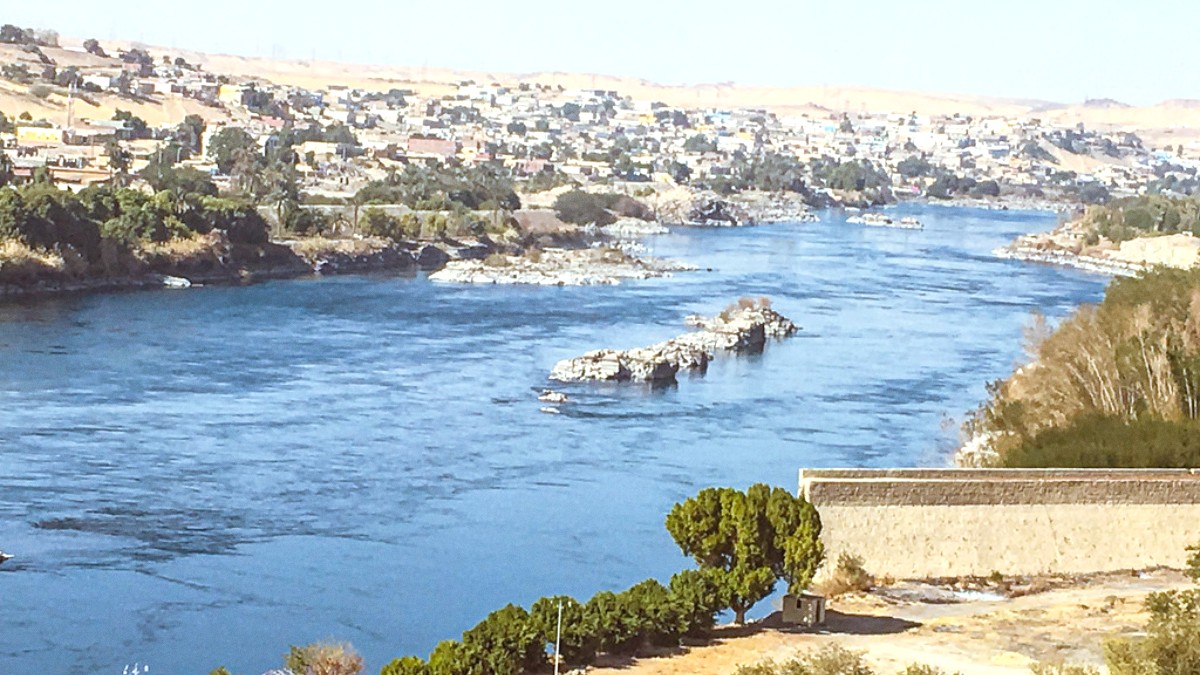
Nile Valley, Egypt
Egypt features three major mobile providers: Orange, Vodafone, and Etisalat. All deliver good coverage in Aswan and popular tourist zones.
Most hotels offer free Wi-Fi, though speed varies. Larger cafes and restaurants may also have free Wi-Fi. Mobile data with a local SIM card often delivers the best connectivity on the move.
The official language of Egypt is Arabic, specifically Egyptian Arabic. English is widely spoken in tourist areas, including hotels, major attractions, and by licensed tour guides.
Learning a few basic Arabic phrases greatly creates better interactions with locals and shows respect. Translation apps are handy tools.
Local SIM cards are a cost-effective way to stay connected for mapping and translation. Downloading offline language packs for Google Translate comes highly recommended.
Familiarity with local operating hours aids with planning your activities efficiently.
Government offices and banks generally operate Sunday through Thursday, 9:00 AM to 2:00 PM, closed Fridays and Saturdays. Shops vary, often open late, with afternoon breaks.
ATMs are available 24/7 across Aswan, especially in the city center and along the Corniche. Physical bank branches adhere to standard weekday hours.
Friday is the Muslim holy day with some reduced hours. Ramadan frequently shifts schedules. Islamic and National Holidays mean closures for government offices and banks; tourist services generally remain open.
Aswan remains a year-round destination. During intense summer heat, some smaller local businesses might adjust their hours, closing during the hottest part of the afternoon. Tourist operations typically maintain regular schedules.
Islamic holidays follow the lunar calendar, causing dates to shift annually. Plan ahead for Eid al-Fitr and Eid al-Adha, which bring widespread celebrations and some service adjustments.
Familiarity with local business hours and holiday impacts aids for seamless travel. Always check specific opening times for attractions and services.
Respectful interaction with local culture and people creates positive experiences.
Handshakes are common, especially between men. For women, wait for a cue; a nod or smile generally suffices if a handshake is not offered. A simple "Ahlan" (hello) or "Salam Alaikum" is appreciated.
Modest dress is suitable for both men and women across Egypt. Cover shoulders and knees, especially when visiting religious sites or traditional communities.
Eat with your right hand, especially when sharing food or street food. Tipping (Baksheesh) deeply rooted in Egyptian culture; anticipate it for services. Carry small denominations for tips.
Seek permission always before photographing people, especially women and children. A simple gesture or asking "Mumkin soura?" (May I take a photo?) displays respect. Accept a "no."
Your respectful approach to local customs and traditions greatly creates better travel experience in Aswan. Modest dress and polite greetings go a long way.
Accessibility for travelers with mobility challenges is somewhat limited in Aswan.
Aswan’s infrastructure presents challenges for mobility. Sidewalks are often uneven or absent. Streets can feel chaotic, and historical sites feature stairs, uneven surfaces, and varied terrain.
The Aswan High Dam offers relatively accessible surfaces. Some newer Nile cruise boats may feature better accessibility, but boarding gangways can be steep.
Hiring a private guide for assistance with navigation and information comes as an option, especially for historical sites where audio guides or Braille descriptions are uncommon.
Limited specialized services are available for travelers with visual or hearing impairments. Public transportation (ferries, shared taxis) is not generally accessible.
Detailed planning and direct communication with tour operators or accommodations about specific mobility needs will optimize your visit to Aswan.